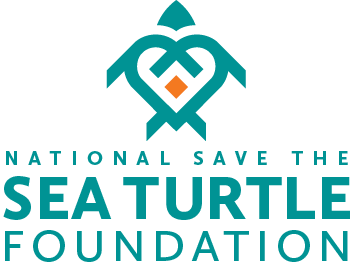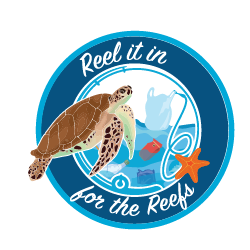
Based on his deep concern for protecting the marine environment at his home in the Florida Keys, Mr. Frank Wojcik created the National Save The Sea Turtle Foundation in 1987 and began supporting environmental education programs and public awareness events across the State of Florida.
Over time, he developed a Gift Program that enables the Foundation to assist dozens of worthwhile charitable organizations with their sea turtle conservation programs in Florida and abroad. From sea turtle rescue efforts to innovative public education programs, the National Save The Sea Turtle Foundation is there to help.
Likewise, the Foundation's Scholarship Program provides tuition stipends at multiple universities across Florida, including FAU, UF, UCF, FIU, Nova Southeastern, and the University of the Virgin Islands. Along with their academic advisors, the future scientists we support are all contributing to sea turtle biology and conservation through their thesis and dissertation research.
Though the majority of the Foundation's resources are directed to other organizations, our in-house programs include the Florida Hawksbill Project, the first and only long term research an conservation program focused on this Critically Endangered species in Florida, and our Reel It In For the Reefs cleanup event, which brings hundreds of scuba divers together each year to remove fishing line, plastic, and other harmful debris from Florida's beautiful coral reefs.
You can help us keep the good work going! Your contributions, whether it be a personal or corporate sponsorship, adopt-a-Hawksbill, long-term gift, or even a yacht donation or lease allows us to steer resources to where they're needed most for the effective recovery of sea turtles and a healthy ocean environment in Florida and beyond.

